Royal Commission investigates experience of women and girls with disability
- Hits: 11393
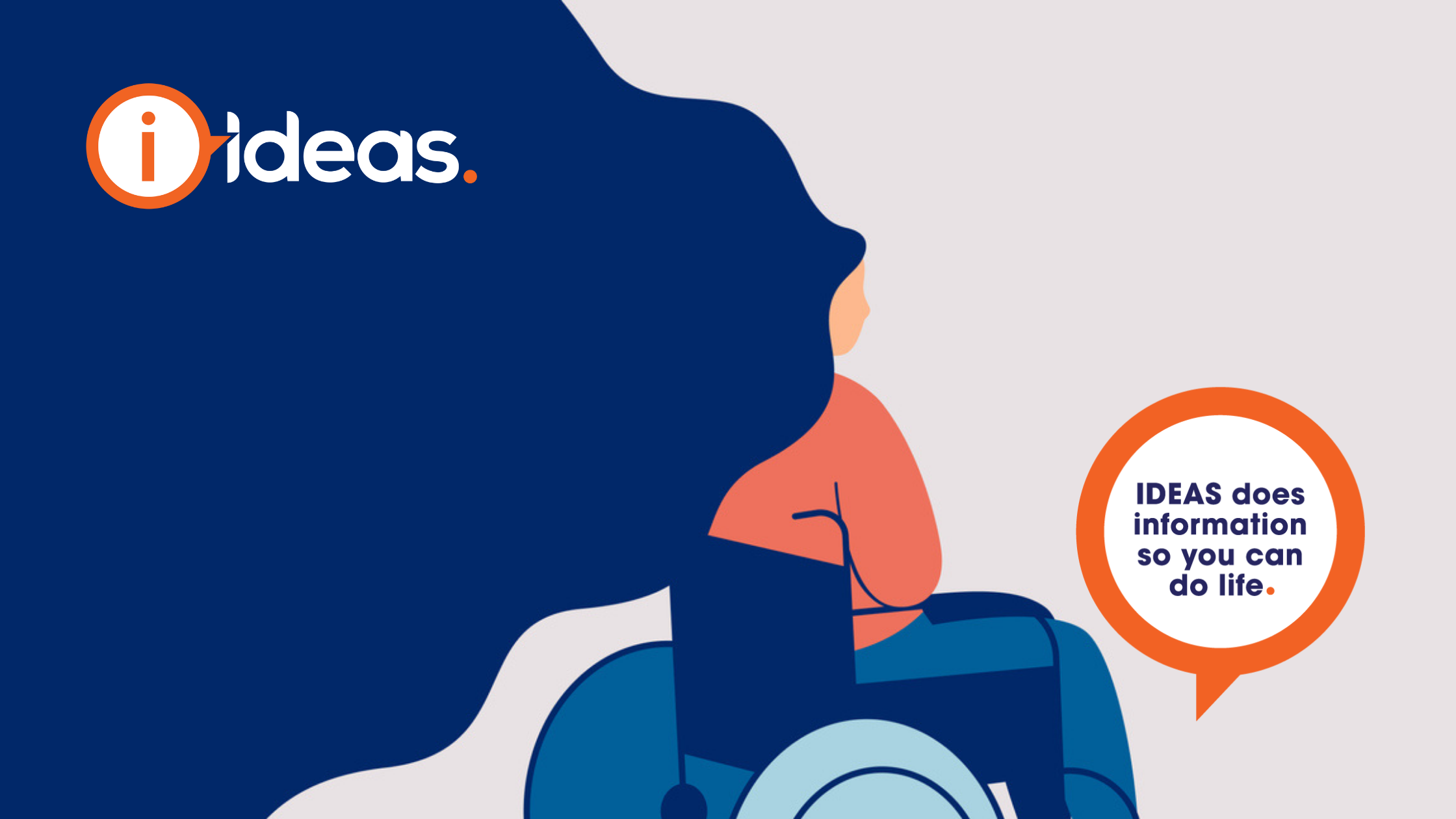
Accessibility Tools

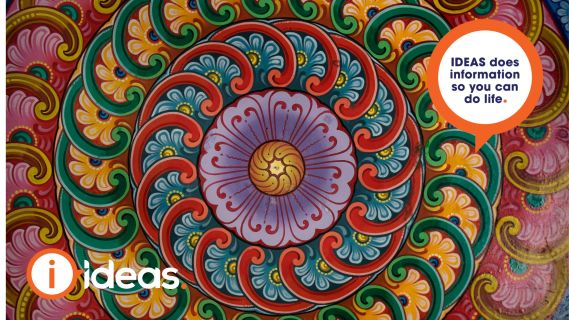 Public hearing on the experience of violence against, abuse, neglect and expoitation of people with disability from culturally and linguistically diverse communities
Public hearing on the experience of violence against, abuse, neglect and expoitation of people with disability from culturally and linguistically diverse communities
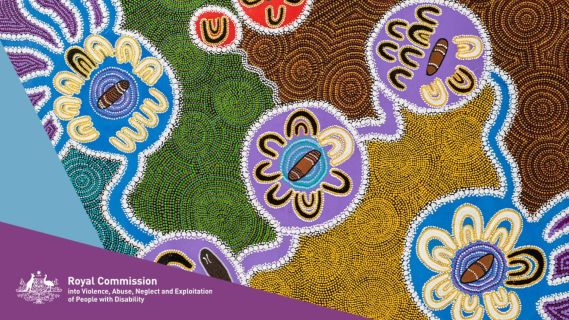 Public hearing on the operations of the NDIS for First Nations people with disability in remote communities
Public hearing on the operations of the NDIS for First Nations people with disability in remote communities
 Disability Royal Commission examines the experience of people with disability engaging with Disability Employment Services
Disability Royal Commission examines the experience of people with disability engaging with Disability Employment Services
 Disability Royal Commission examines the experience of people with disability working in Australian Disability Enteprises (ADE)
Disability Royal Commission examines the experience of people with disability working in Australian Disability Enteprises (ADE)
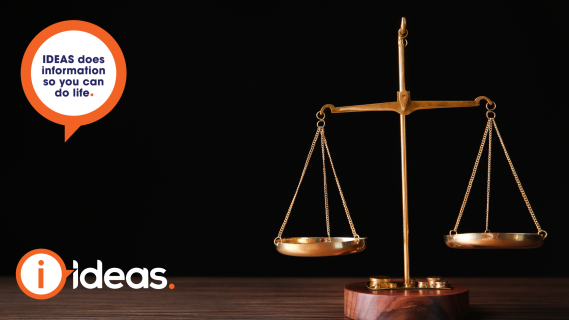 Disability Royal Commission looks at preventing and responding to violence, abuse, neglect and exploitation in disability services
Disability Royal Commission looks at preventing and responding to violence, abuse, neglect and exploitation in disability services
 Royal Commission looking at preventing and responding to violence, abuse, neglect and exploitation in disability services
Royal Commission looking at preventing and responding to violence, abuse, neglect and exploitation in disability services
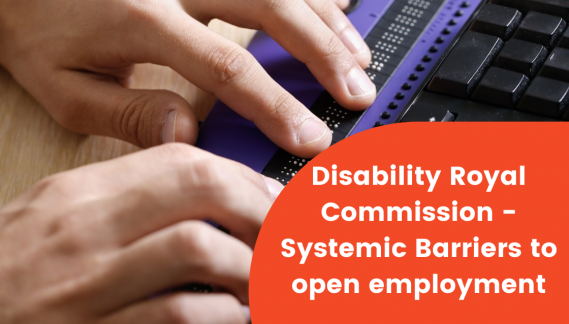 Royal Commission - Measures taken by employers and regulators to respond to the systemic barriers to open employment for people with disability
Royal Commission - Measures taken by employers and regulators to respond to the systemic barriers to open employment for people with disability
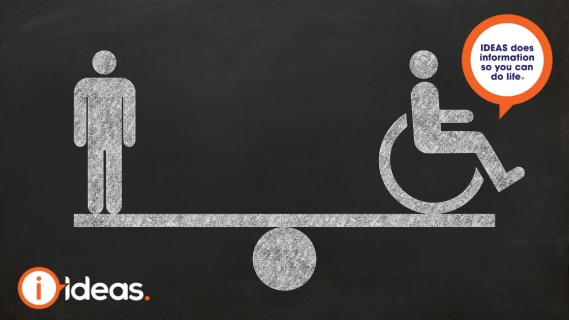 Royal Commission looks at the human rights of people with disability and making the Convention on the Rights of Persons with Disabilities a reality in Australian law, policies and practice
Royal Commission looks at the human rights of people with disability and making the Convention on the Rights of Persons with Disabilities a reality in Australian law, policies and practice
 Draft Report finds COVID-19 vaccine strategy and roll-out for people with disability seriously deficient
Draft Report finds COVID-19 vaccine strategy and roll-out for people with disability seriously deficient
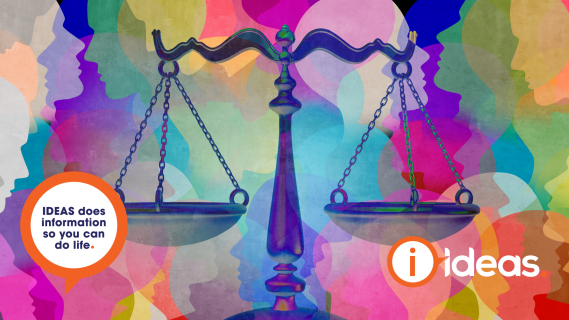 Disability Royal Commission investigates People with cognitive disability and the Criminal justice system and NDIS
Disability Royal Commission investigates People with cognitive disability and the Criminal justice system and NDIS
 Royal Commission looks at the Ann-Marie Smith case and continues investigating abuse in disability support services
Royal Commission looks at the Ann-Marie Smith case and continues investigating abuse in disability support services
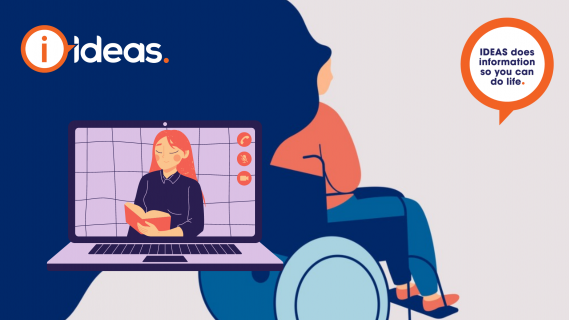 Disability Royal Commission looks at preventing and responding to violence, abuse, neglect and exploitation in disability services
Disability Royal Commission looks at preventing and responding to violence, abuse, neglect and exploitation in disability services
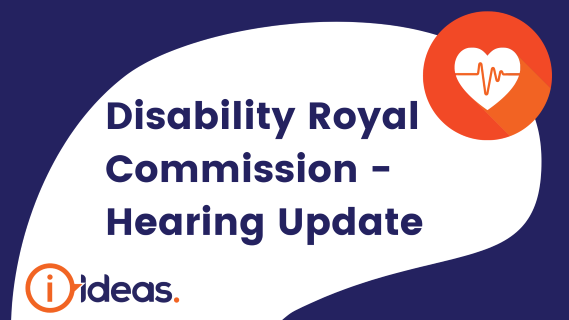 Disability Royal Commission explores education and training of health care professionals in relation to people with congitive disability
Disability Royal Commission explores education and training of health care professionals in relation to people with congitive disability